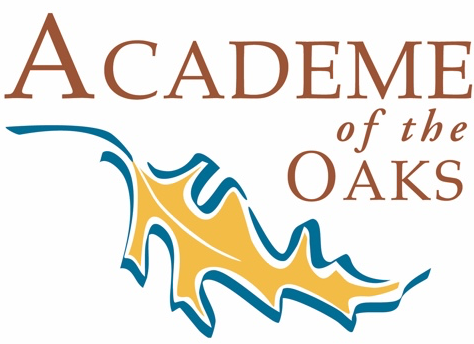This summer, as a number of police killings and other injustices have reshaped national dialogues around race relations and criminal justice reform, I have found it difficult being away from the classroom. In 2014, when Mike Brown was killed by the police in Ferguson, MO and Black Lives Matter became a national movement, I was beginning my teaching career in St. Louis. My students were around his age, many had grown up nearby in North St. Louis, and several knew him or had connections to him. That year, I was impressed by the resilience my students showed in the face of a traumatic event. They understood, better than I ever could, the injustices that plagued their city, and they expressed a desire to change it.
At its best, the classroom is a place where students can connect their studies to the world around them. It is our job as educators to help facilitate these connections and to help students find the agency they need to make their world a better place. As the fall semester approaches, teachers are asking ourselves how we can best use our classroom to help students understand and gain agency in these turbulent times. While we wait to see our students, I am excited to continue our ongoing Chautauqua series focusing on race and criminal justice. We held our first meeting last Saturday and had a strong dialogue featuring parents, stakeholders, and teachers.
Our conversation focused on Frederick Douglass’s infamous and prophetic speech “What to the slave is the Fourth of July?” The speech, which Douglass delivered on July 5th, 1852, points out the hypocrisy underlying the American struggle for independence. How can we celebrate freedom when not all people are free? In our discussion, we made a number of connections between the text and the world today and considered how Douglass balanced despair over the current condition of the country with a hope that it might someday live up to its aspirations.
This week (7/18), we will have our second summer chautauqua focusing on an excerpt of Michelle Alexander’s The New Jim Crow with parents, students, and whoever else wants to join. Alexander’s seminal work is an introduction to mass incarceration and its relationship to racial division in America. The section we will read focuses on the expansion of police and prison in the late 20th century and provides important context for making sense of today’s debates around criminal justice reform. I am thankful for the parents, community members, and staff who contribute to these discussions and help me to better understand such an important topic. I am looking forward to this opportunity, and hope you will join!
Alex Lotito – Humanities Teacher
Interested in learning more about Academe of the Oaks? Contact us today.
